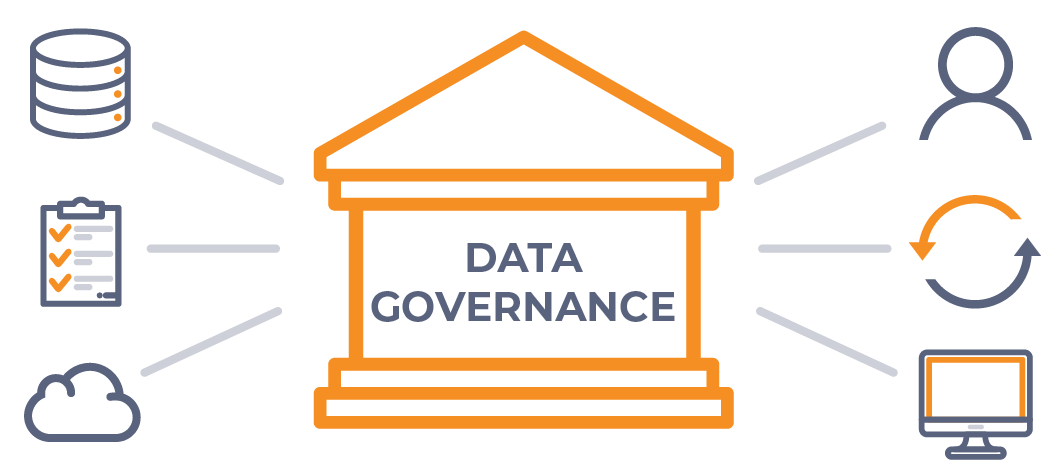


Learn how businesses can implement effective data governance frameworks to enhance decision-making.
To extract meaningful insights from this data, organizations must ensure it is accurate, secure, and compliant with industry standards. This is where data governance plays a crucial role in data analytics. Without a robust data governance framework, analytics efforts may lead to inaccurate results, security vulnerabilities, and compliance risks.
As businesses continue to rely on analytics for strategic decision-making, understanding and implementing data governance is becoming increasingly important.
Data governance refers to the set of policies, processes, and frameworks that ensure data is managed, secured, and used efficiently within an organization. It defines how data is collected, stored, accessed, and shared while maintaining compliance with legal and industry standards.
Without proper data governance, data analytics projects can lead to incorrect insights, resulting in poor business decisions. Here’s why data governance is crucial for analytics:
For analytics to provide valuable insights, the data being analyzed must be accurate, consistent, and up-to-date. Data governance ensures that data sources follow standardized formats, reducing inconsistencies and discrepancies.
With increasing cyber threats, data security has become a top priority. Data governance frameworks enforce strong security measures like encryption, access control, and data masking, ensuring sensitive data remains protected.
Organizations must comply with data protection laws such as GDPR (General Data Protection Regulation), HIPAA (Health Insurance Portability and Accountability Act), and CCPA (California Consumer Privacy Act). Data governance ensures compliance, reducing the risk of legal penalties.
A well-structured data governance strategy ensures that authorized personnel have seamless access to relevant data when needed. It eliminates data silos, making data available across departments for better decision-making.
Data-driven decision-making is only effective when the data is reliable. Governance ensures the integrity of analytics insights, helping businesses make informed, strategic decisions.
With the rise of Big Data, organizations process enormous volumes of structured and unstructured data. Effective data governance ensures that Big Data analytics solutions deliver actionable and reliable insights by:
Many organizations struggle to implement data governance due to a lack of awareness.
Solution: Conduct training sessions and workshops on data governance importance.
Different departments storing data separately leads to inconsistencies.
Solution: Implement centralized data repositories and integrate data management platforms.
Data regulations evolve frequently, making compliance challenging.
Solution: Stay updated with regulatory changes and use automated compliance tracking tools.
With the increasing importance of data governance, companies are actively seeking professionals who can manage data effectively. Some career roles in this field include:
Data governance plays a vital role in ensuring data quality, security, compliance, and accessibility, making analytics more reliable and effective. Organizations that implement robust data governance frameworks gain a competitive advantage by making accurate, data-driven decisions while mitigating risks. Mastering data governance through a data analytics training course in Noida, Delhi, Luckow, Meerut, Indore, and more cities in india can be the gateway to a successful career in data analytics and management. With the increasing demand for data governance expertise, now is the perfect time to upskill and become a valuable asset in the data-driven world.
